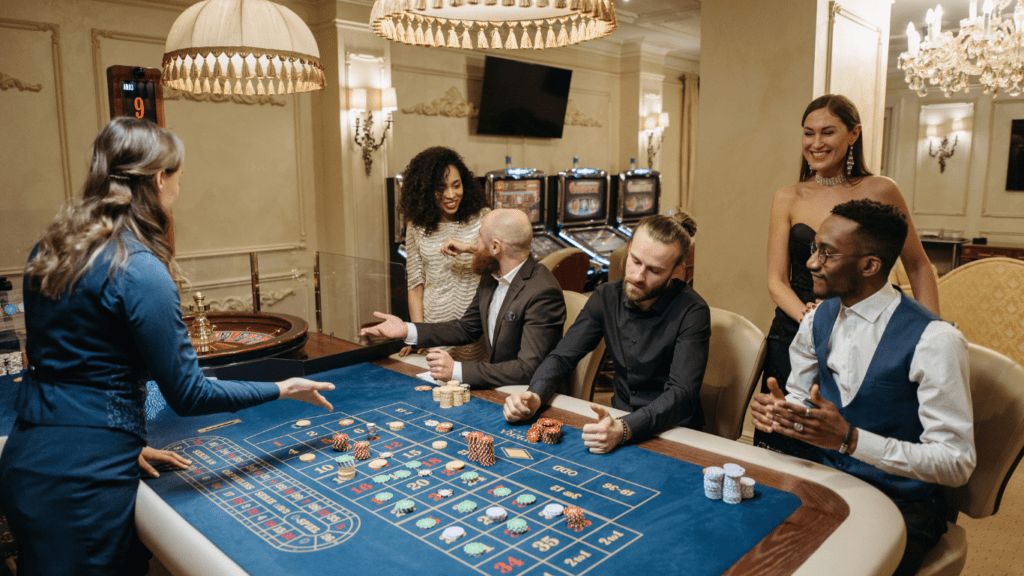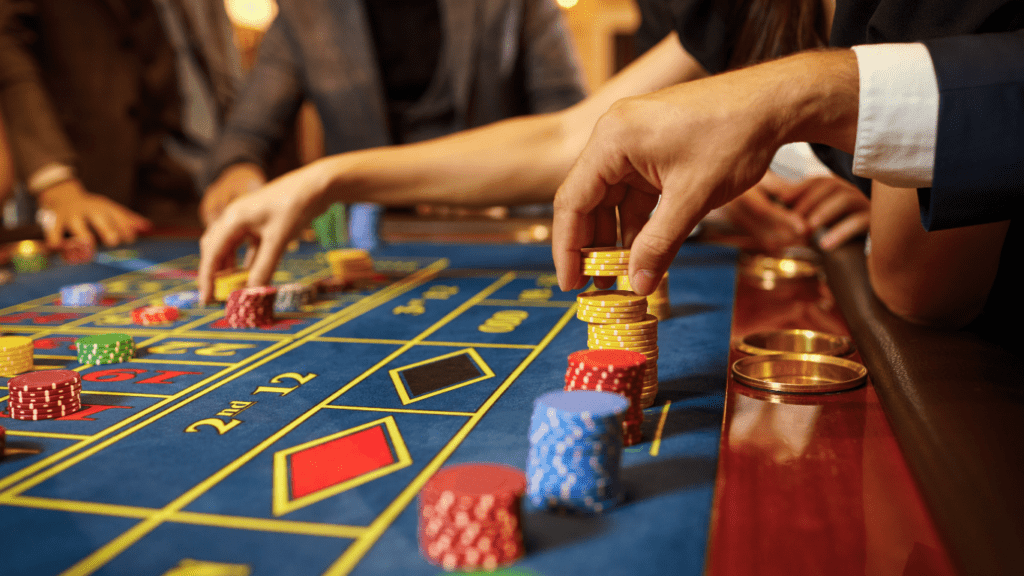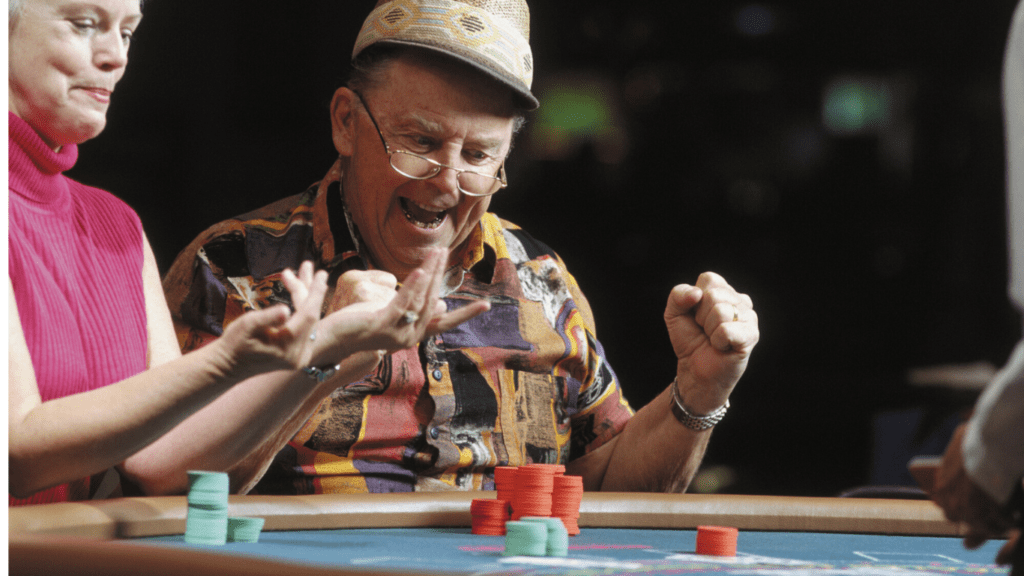Balancing gambling with real-life responsibilities can feel like walking a tightrope. I’ve seen how easy it is to lose track of time when you’re in the zone, chasing that next win or enjoying the thrill of the game. But without a plan, gambling can quickly overshadow other priorities, leaving you scrambling to catch up in your personal and professional life.
Understanding the Importance of Time Management
Effective time management creates structure, ensuring gambling stays a source of entertainment rather than a disruptor in daily life. Without it, gambling can consume hours meant for work, relationships, or personal care.
Balancing priorities involves clear planning. Allocating specific time blocks for gambling helps prevent overindulgence. For instance, dedicating one or two evenings per week for leisure gambling ensures the activity doesn’t interfere with core responsibilities.
Avoiding burnout requires recognizing limits. Overextending time on gambling can lead to neglecting professional tasks or missing social commitments. Setting predefined gaming limits, such as stopping after two hours or once budget caps are reached, maintains this balance.
Focusing on long-term well-being demands consistency. Consistently managing time ensures gambling remains a controlled hobby and reduces the chance of developing addiction or financial stress.
Challenges Gamblers Face in Managing Time
Balancing gambling with life’s responsibilities can be overwhelming. Many gamblers struggle to set boundaries, often disrupting important aspects of their professional and personal lives.
Balancing Gambling with Work Commitments
Finding balance between gambling and work commitments requires significant effort. Gambling sessions can sometimes extend longer than planned, cutting into work hours or reducing productivity. For instance, staying up late for online games can affect sleep patterns, resulting in tardiness or lack of focus at work. Additionally, a gambler who prioritizes gambling over job tasks might miss deadlines or important meetings.
Time tracking can become inconsistent when excessive gambling interferes with structured schedules. For example, someone may log in during work hours to play, increasing the risk of job performance reviews or disciplinary actions. Balancing these aspects becomes tough unless gambling is limited to designated breaks or off-hours.
Impact of Gambling on Personal Relationships
Unmanaged gambling behavior can strain personal relationships. Spending significant time gambling might reduce interaction with family, friends, or partners. Missed family dinners or failing to attend social gatherings are common examples where gambling takes precedence over relational commitments.
Neglecting relationships leads to emotional disconnection or misunderstandings. Loved ones might feel unimportant if gambling consistently interrupts shared activities. Communication gaps can widen when gambling consumes time meant for addressing personal or household responsibilities.
Managing time effectively minimizes detrimental effects on relationships by ensuring gambling activities don’t intrude on quality time spent with family or friends.
Effective Time Management Strategies for Gamblers

Balancing gambling with life’s responsibilities requires dedicated strategies. By implementing practical approaches, I ensure gambling remains enjoyable without disrupting other aspects of my life.
Setting Clear Priorities
Defining priorities helps maintain focus. I identify essential responsibilities like:
- work
- family
- health
ranking them based on urgency and importance. Gambling takes a lower priority compared to commitments like attending a family event or meeting work deadlines. For example, I schedule gambling only after completing work tasks or spending time with loved ones.
Allocating Specific Time for Gambling Activities
Designating time blocks for gambling prevents overindulgence. I set fixed periods for gaming, such as an hour during leisure time, and avoid gambling outside these windows. If I plan to play for two hours on weekends, I ensure no overlap with work or family obligations. This structured approach creates balance while reducing the risk of neglecting responsibilities.
Using Tools and Apps for Better Scheduling
Planning tools streamline my schedule. I use calendar apps like Google Calendar or productivity tools like Trello to allocate and track my activities. Notifications remind me when gambling time ends or when I should shift focus to other tasks. Apps with time-tracking features, such as RescueTime, help monitor and limit gaming sessions effectively. This ensures I stay on track with my goals and commitments.
Cultivating Healthy Habits Outside of Gambling
Focusing on activities besides gambling enhances overall well-being and reduces dependency. Developing healthy habits ensures a balanced lifestyle and supports long-term personal growth.
Engaging in Productive Hobbies
- Exploring productive hobbies adds value to daily routines and provides a sense of fulfillment.
- Creative activities, such as painting or playing musical instruments, inspire emotional expression and mental stimulation.
- Physical hobbies, including hiking or engaging in sports, improve physical health while reducing stress.
- Skill-based pursuits, like learning a new language or cooking complex recipes, enhance personal development and creativity.
- When time is intentionally spent on these engaging hobbies, the draw of excessive gambling can diminish.
Building Strong Social Connections
Strengthening relationships outside gambling creates a support system that reinforces emotional stability. Scheduling regular meetups or calls with family and friends fosters meaningful connections. Participating in group activities, such as joining clubs or community events, promotes bonding and builds new friendships. Volunteering for local causes not only impacts the community positively but also provides opportunities to meet like-minded individuals. Prioritizing social engagement helps shift focus away from gambling and enriches interpersonal experiences for a well-rounded life.


 Mark Buxtononics is the Senior Betting Analyst at Gamble Time Hub, bringing sharp analytical skills and a deep understanding of betting markets to the forefront. Specializing in data-driven insights and predictive analysis, Mark delivers in-depth evaluations of sports betting trends, odds movements, and strategic plays. His work helps readers make smarter, more informed decisions across a variety of betting platforms. With a commitment to clarity and accuracy, Mark plays a key role in establishing Gamble Time Hub as a reliable source for expert betting knowledge.
Mark Buxtononics is the Senior Betting Analyst at Gamble Time Hub, bringing sharp analytical skills and a deep understanding of betting markets to the forefront. Specializing in data-driven insights and predictive analysis, Mark delivers in-depth evaluations of sports betting trends, odds movements, and strategic plays. His work helps readers make smarter, more informed decisions across a variety of betting platforms. With a commitment to clarity and accuracy, Mark plays a key role in establishing Gamble Time Hub as a reliable source for expert betting knowledge.

